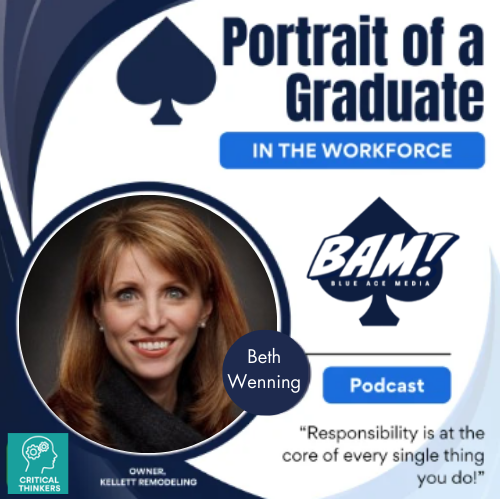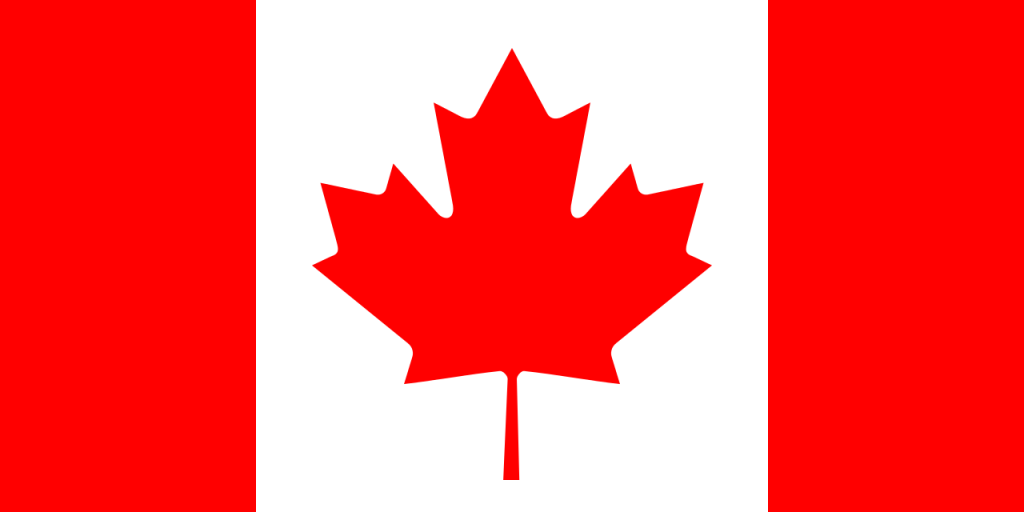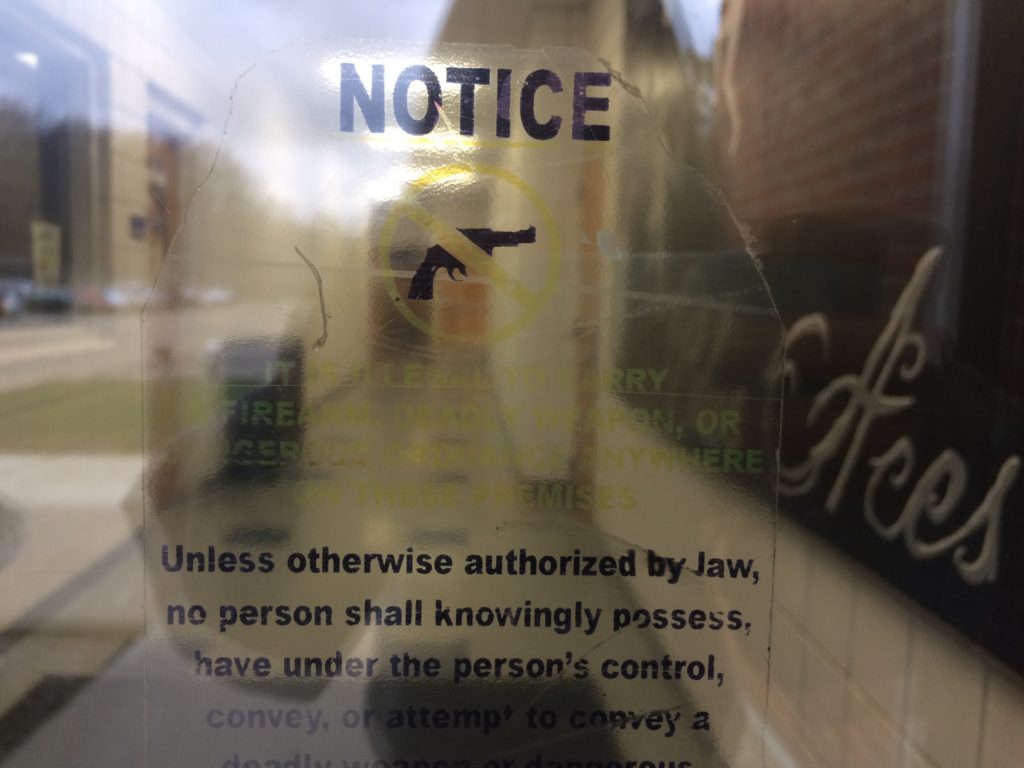BY ANNA MINTON (’17)
We’ve all heard it. The ever-present, yet not-so-real threat:
“If (insert name here) wins the election, then I’m moving to Canada!”
With the current election circus, many of us have uttered this statement under our breath. But in reality, how realistic is this statement for many of us? I mean, what do we all really know about becoming a Canadian resident in the first place?
Of course on TV shows and news snips, the Canadian people all seem really nice and relaxed. We know they have great hockey teams, and a beautiful countryside. We’ve been told about their “free” healthcare and easy prescription process. Heck, I’ve even heard rumors that their money smells like maple syrup. But what is really true? If it came down to it, if a certain political candidate wins, would we really want to move to Canada?
Here’s a fun fact: Canadians consume more mac ’n cheese than any other country in the entire world. I mean, you’ve got cute guys playing sports on ice, sugary condiments, and the world’s largest supply of macaroni and cheese: what’s not to love? Well… only if they could get their bacon right…
There is an actual strict protocol for those who decide to take a permanent trek up north. Below I’ve outlined some of the steps before you officially pack your bags.
Step 1: Figure out if you can actually move to Canada.
While leaving the country might seem like a good idea, there can be obstacles that stand in your way. If you have human or international rights violations, a criminal record, certain health issues, financial problems, or refuse to comply with the IRPA (the Immigration Refugee Protection Act), you may not even be allowed to file for permanent residency in the country.
Step 2: Decide what type of Canadian you would like to be.
There are multiple types of Canadians other than just the standard resident. There is Express Entry for Skilled Workers residency, Business Start-up residency, Provincial residency, Family Sponsored residency, and many others. Each type of residency is for a different purpose, and requires a different application process. Determining what reason you are moving to Canada in the first place will help you get a better idea as to which type of residency you would need to apply. If you are moving to Canada simply out of fear of the outcome of the current election, then I would suggest the Express Entry for Skilled Workers route. This process is the easiest and most cost effective. At least until they come up with the “Oh Man, (insert name here) won the election” residency.
Step 3: Pay to become an official Canadian.
While Canada may be seen as one of the most polite nations on earth, that doesn’t mean they won’t put down the hammer when it comes to their immigration rules. Before you even enter the country, you must fill out the appropriate form of application for your residency, and pay the fees that apply. These fees start at $550 Canadian dollars per individual ($423.70 in American money). Once you pay, you will then have to wait for at least 6 months before you can officially enter the country as a resident. Yes, there is policy, procedures, bureaucracy and waiting periods even in Canada.
Step 5: Learn how to act like a Canadian and apply for citizenship.
Once you officially become a Canadian resident there is still more. Residency is not the same as citizenship. In order to become a citizen, you must live in the country for 3 years, be at least 18 years old, and pass a Canadian government and politics exam. You also must speak either English or French (if you are reading this, then you passed) and have a standard understanding of Canadian social protocols. Now these protocols may even include ending all sentences with “eh,” but I haven’t found conformation on this requirement yet.
My research even reports that after you become a Canadian citizen you will be sent an invitation to a special citizenship ceremony, where you will receive your very own certificate of citizenship. I am sure that at this festive event you would have an opportunity to laugh and mock the silly Americans, who are having to deal with their current political apocalypse.
As for me… I think I will stay in America, where our three branches of government will ensure an equal distribution of power (even to the point of gridlock some days). I am a proud American who believes in our country and the checks and balances that our forefathers set in place. And last but certainly not least, I like living in a country that serves their bacon right.















































